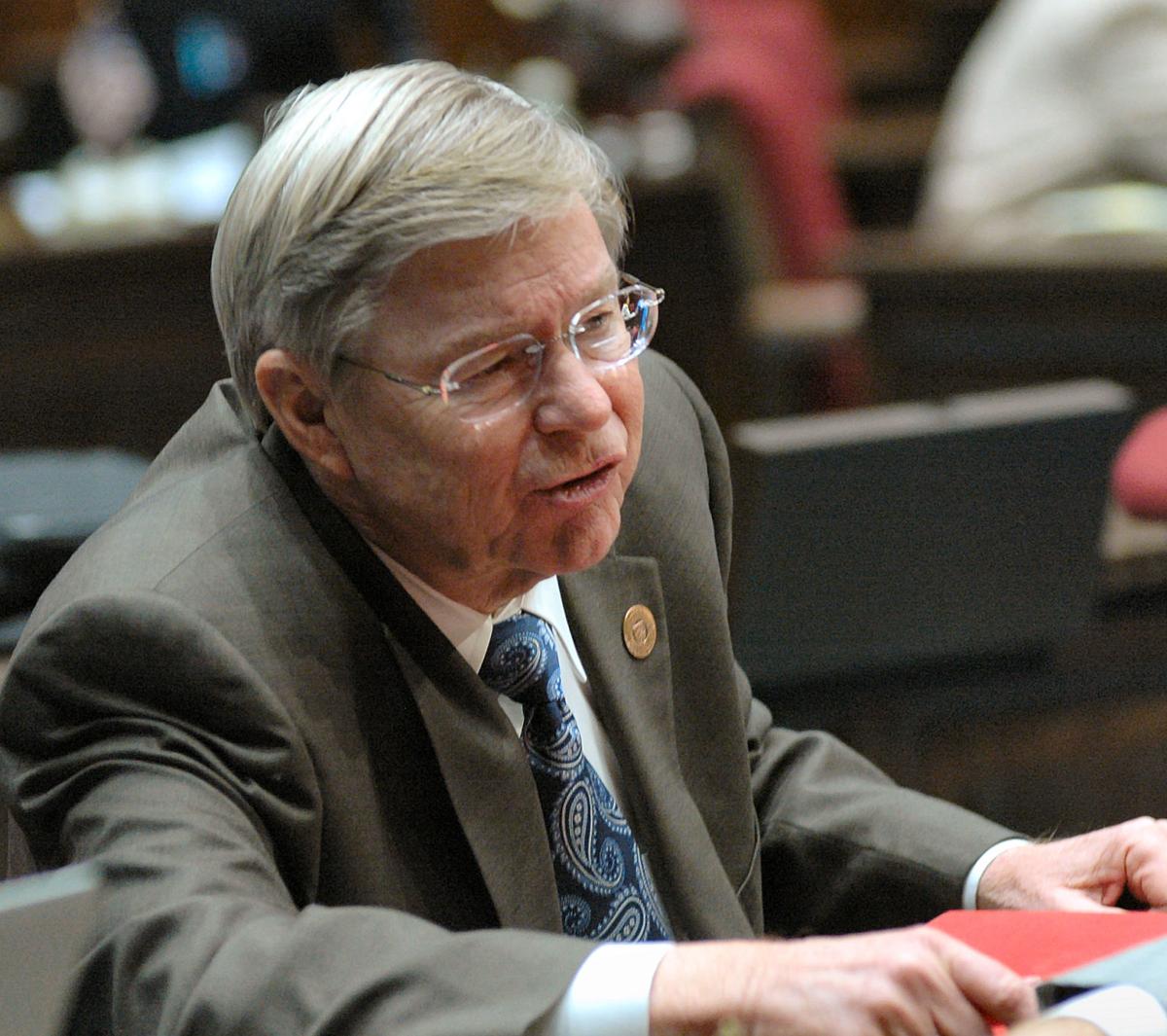The state House late Thursday approved a measure designed to make it more difficult to get initiatives on the ballot by limiting the use of paid circulators.
The preliminary vote on HB 2404 came after Rep. Vince Leach, R-Tucson, agreed to drop his demand that groups which want to circulate initiative petitions buy a $50,000 bond. That came after Rep. Ken Clark, D-Phoenix, said bonding companies may not write such policies, effectively outlawing petitions.
Also gone from HB 2404 are new registration requirements for petition circulators.
But that leaves what Leach said is his main goal: Outlaw the ability of groups that want to put measures on the ballot to pay circulators based on the number of signatures they get. He contends that will help eliminate the financial incentive for fraud.
Separately, a proposal to increase the burden on getting the signatures — whether with paid-per-signature circulators or volunteers — was pulled from the Thursday debate agenda after House staff attorney Tim Fleming said it may not be constitutional.
Current law requires those who want to write their own statutes to submit petitions with the names of at least 10 percent of those who voted in the last gubernatorial election. The current burden is 150,642.
The proposal by Rep. Don Shooter, R-Yuma, would apply that test to each of the state’s 30 legislative districts. So if 50,000 people voted for governor in 2014 in the district he represents, at least 5,000 of the signatures needed to put a measure on the ballot would have to come from his district.
And the same rule would apply 29 more times statewide.
Fleming told members of the House Rules Committee that such a district-by-district requirement may not be constitutional.
He noted Arizona used to have a requirement for candidates for statewide office to get signatures on their nominating petitions from at least three counties. The state stopped enforcing that law when election officials conceded it was illegal.
Based on that, the Rules Committee refused to clear HCR 2029 for floor debate.
But House Speaker J.D. Mesnard said that does not necessarily kill the proposal. He said the staff attorneys just wanted more time to study the issue.
The two measures are part of a package of five bills that opponents contend are a major assault on the right of Arizonans to create their own laws and keep them free from legislative tinkering.
Aside from the two proposals dealing with signature gathering, the House late Thursday approved two measures designed to undermine the Voter Protection Act.
That constitutional provision says that once something gains voter approval, it can be amended only with a three-fourths vote of both the House and Senate. And the only changes allowed are those that “further the purpose” of the original initiative, with outright repeal forbidden.
It was enacted by voters in 1998 after state lawmakers repealed the state’s first voter-approved medical marijuana law in 1996.
One version, HCR 2002, asks voters to kill the Voter Protection Act outright, freeing lawmakers to alter not just future ballot measures, but those already approved. That includes the newly approved Proposition 206, which increased the state’s minimum wage.
Rep. Mitzi Epstein, D-Tempe, said her constituents see this attempt as “an attack on the will of the voters.”
“She may be right,” Mesnard responded. But he pointed out that, as a constitutional change, HCR 2002 would require voter approval in November.
The House also approved a scaled-back version of the same measure. HCR 2007, if approved by voters, would limit the power of lawmakers to repeal voter-approved measures to only those proposals they sent to the ballot themselves.
That would keep legal protections in place for initiatives like the minimum wage.
The House did give preliminary approval Thursday to a fifth measure that would leave the Voter Protection Act in place but require a notice on all advertising for future ballot measures that, once approved, lawmakers are limited in their ability to make changes.





